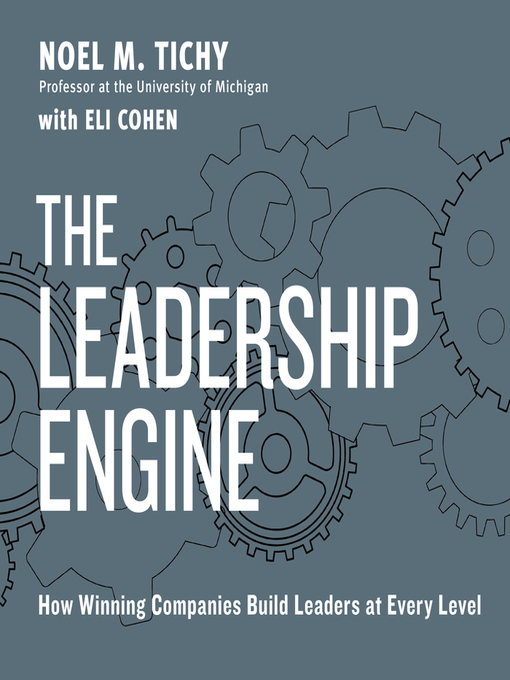Why do some companies consistently win in the consumer and capital markets while others struggle from crisis to crisis?The answer, says Noel Tichy, is that winning companies possess a ""Leadership Engine"" — a proven system for creating dynamic leaders at every level.
To get ahead and stay ahead, a company needs agile, flexible, innovative leaders who can anticipate change and turn on a dime. Fortunately, says Tichy, just as everyone has untapped athletic potential, everyone has untapped leadership potential that can be developed. In this audio, Tichy offers colorful and insightful examples from dozens of leaders who have figured out how to do it.
How does Jack Welch, for example, run the world's most valuable company — and spend 30% of his time on leadership development?
How do the United States Navy SEALs and Army Rangers create leaders who can command any team, anytime, anywhere?
How did Ameritech break its hundred-year-old mentality of entitlement and create a culture where leaders develop other leaders?
No two winning companies are alike. But, each has a Leadership Engine which ensures that leaders have clear, teachable points of view that they use to develop others. This audio not only offers a major contribution to the understanding of successful leadership, but provides concrete, proven methods for leaders developing leaders in any company.

